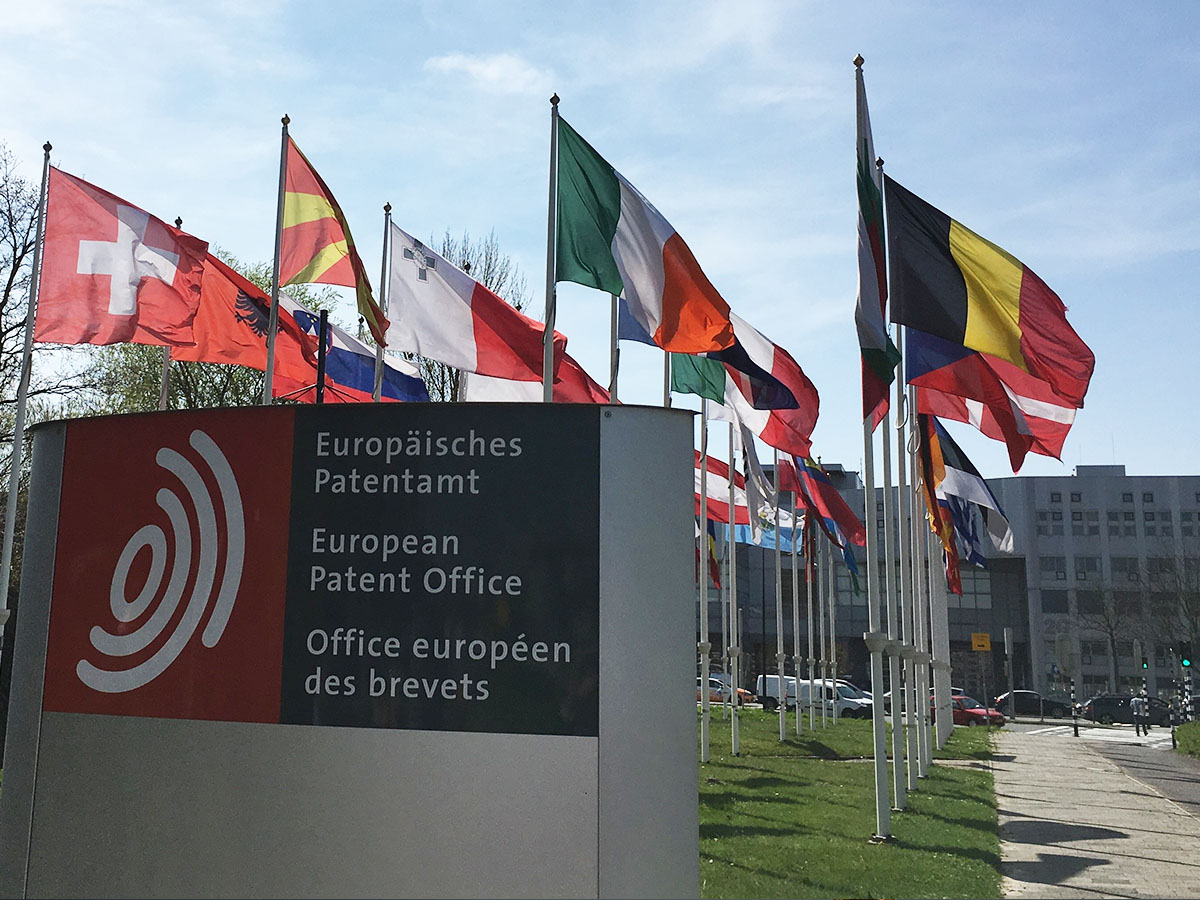
The European Patent Office (EPO) is consulting users about the novelty requirement under the European Patent Convention (EPC) and the lack of a so-called “grace period” in the European patent system, in what appears to be the start of the EPO considering whether to introduce a “grace period” into the EPC.
Scope of the EPO’s survey
The survey, which will explore the impact of the strict novelty requirement on the filing and business practices of EPO applicants, will be complemented by a consultation of user and stakeholder associations. The survey will focus on users’ experiences of the current novelty requirement under the EPC.
The survey participants have been selected from a random sample of EPO applicants selected from the latest published patent documents. Participants will be asked about their organisations’ patenting activities in Europe and how they currently deal with the EPC’s strict novelty requirement when filing patent applications at the EPO. The EPO will also present participants with a number of different grace period options and ask for their thoughts on each.
The EPO’s survey aims to understand:
– How different categories of EPO applicants manage the strict novelty requirement
– How this requirement impacts disclosure and patent commercialisation strategies
– What effect different grace period scenarios might have
What is a “grace period”?
One of the most important features of the EPC is the strict novelty requirement which means that an invention must not have been publicly disclosed prior to their earliest filing date. Under some patent systems, most notably the US, this strict novelty requirement is partly mitigated to allow inventors to make disclosures of their inventions during a “grace period” of, for example, six or twelve months prior to filing their patent application. During such a “grace period” an invention can be disclosed to the public without losing its novelty, so that the invention remains patentable.
The resulting feedback will be published by the EPO in the spring of 2022.





